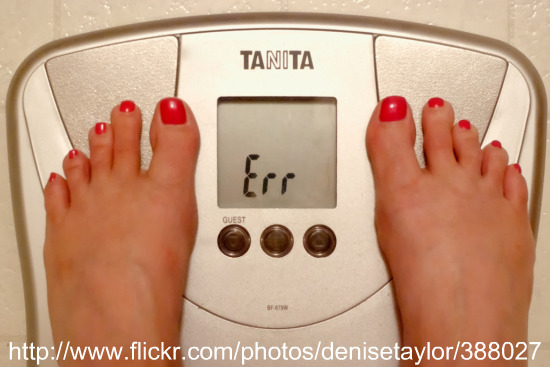Eat Healthy
We know we must eat healthy to gain proper nutrition – doing so is important at any age, and especially now as we reach our 50s and 60s. We know we start to lose muscle mass after age 40 – at the rate of ½ pound of muscle mass per year – which in turn makes way for weight gain. We also become more vulnerable to age-related illness such as heart disease, stroke, high blood pressure, diabetes, arthritis, and osteoporosis.

But eating is one of our
greatest pleasures, not to mention the pride that a lot of us take in
preparing great meals. So is this a dilemma? No, not really – at least
it doesn’t have to be. We can still keep our pleasure and our pride,
just by following some basic strategies.
Eating right – together with exercise - is the other key component of our formula for a healthy lifestyle. In fact, it’s often estimated that 75% of fitness is proper diet. So how hard can it be – we all know how to eat, right? It’s a piece of cake!
Well, that sort of thinking - too many pieces of cake - can be our own worst enemy. Do we even know what we're eating? When was the last time we bothered to read a nutrition label? What foods produce the higher levels of cholesterol, and how much of them do we eat? How much sodium do we consume each day, and how can we lower it? When was the last time we thought about the basic food groups – beyond the one we know is chocolate? How many calories do we consume each day? How many calories do we need each day? Are carbohydrates good for us or not? And what’s the difference between good fats and bad fats?
Let’s Start to Eat Healthy
To eat healthy, we have to bone up on questions like these plus a few others. But the right diet will be different for each of us – based upon such variables as age, gender, body type, health conditions, and activity level – and so it’s not our point here to prescribe any particular diet to anyone. That advice should only come from a doctor, based upon individual needs and circumstances.
So let’s make that conversation with our doctor much more meaningful, just by understanding the basics for what we should eat. Much like exercise (see cardio exercise or strength training), the keys to proper diet include knowledge, making good choices, and commitment.
Learn more about diet tips, the basic food groups, reading nutrition labels, reducing your cholesterol and understanding your sodium intake.
- Home ›
- Eat Healthy
